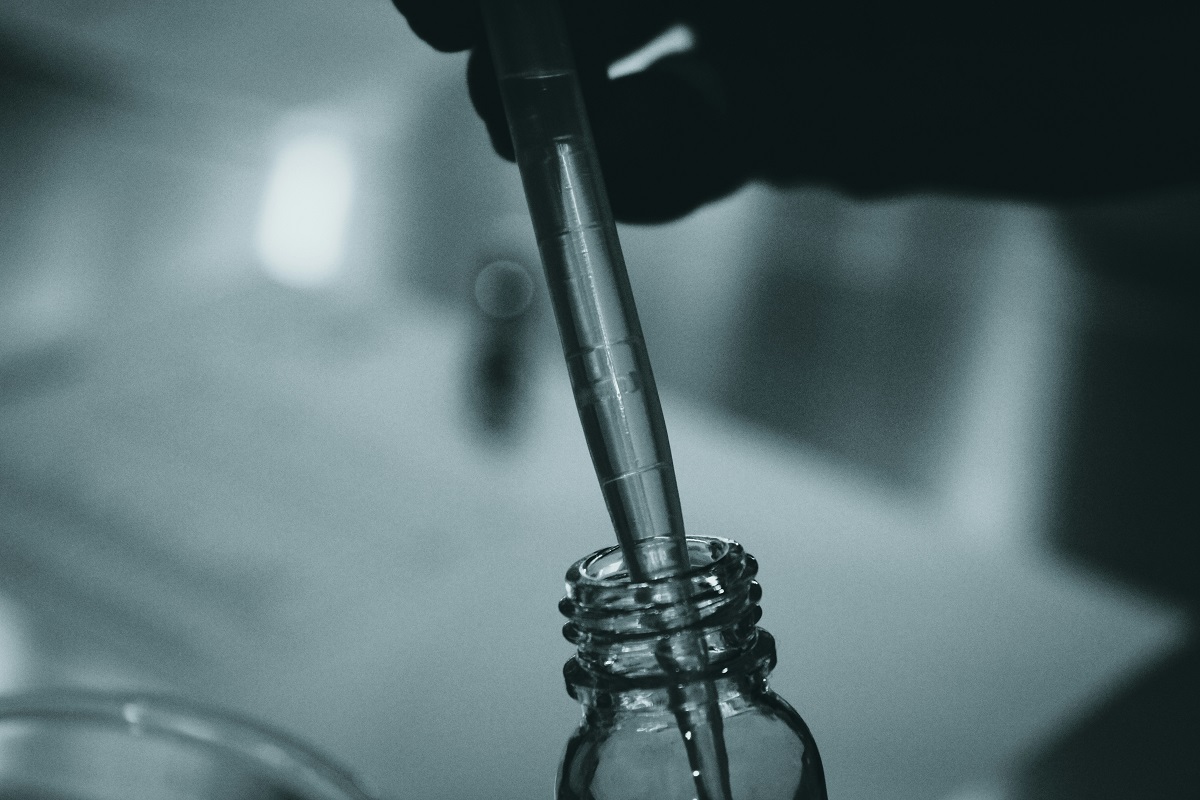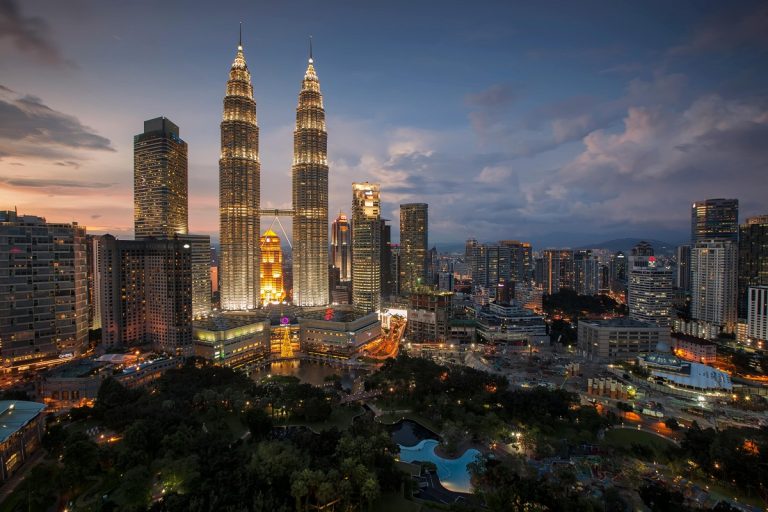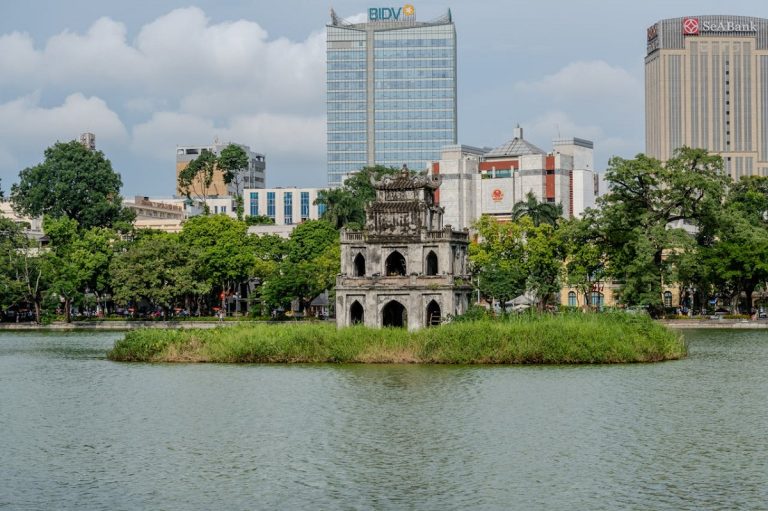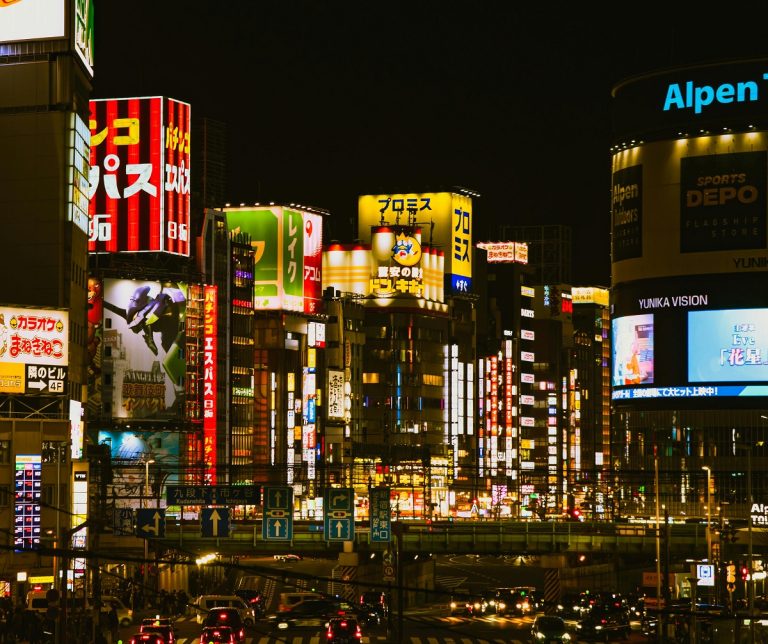South Korea’s chemical sector is confirmed as one of the mainstays of the country’s economy, accounting for around 3% of GDP and with production exceeding USD 49 billion in 2023. With an expected average annual growth of 1% in the coming years, this sector proves to be one of the most dynamic and strategic areas of Korean industry.
The Korean chemical industry encompasses a wide range of production processes, ranging from petrochemicals and pharmaceuticals to biochemicals and plastics. In response to the challenges of rising energy prices and climate change pressures, the industry is adopting innovative solutions to improve sustainability and production efficiency. Technologies such as artificial intelligence (AI) and the Internet of Things (IoT) are becoming increasingly central to processes, helping to optimise productivity and reduce costs, while the growing focus on environmentally sustainable products reflects a paradigm shift in business strategies. Petrochemicals, the beating heart of the industry, is benefiting from rising global demand, driven by the automotive, electronics and consumer goods sectors, with a particular focus on Asia.
Plastics, with the expansion of recyclable packaging and advances in recycling, is also at the centre of the ongoing transformation and contributes to the positive trend in the sector. In line with its environmental commitment, South Korea has taken ambitious stances in international negotiations to reduce plastic pollution, as demonstrated during the last session of the Intergovernmental Negotiating Committee on Plastic Pollution (INC5). These developments are also supported by the promotion of the circular economy.
At the same time, the pharmaceutical and biochemical sector has experienced a strong acceleration, especially after the Covid-19 pandemic. Investment in research and development, together with advances in technologies such as gene editing, are contributing to the development of innovative treatments and new vaccines, opening up scenarios of further growth for the life sciences sector.
In terms of trade, the chemical sector is a significant component of trade between Italy and South Korea, which stands at around USD 1 billion a year, or 7% of total trade. South Korea stands out for its interest in Europe, with a particular focus on shared projects related to environmental sustainability. In this context, events such as the Korea Chem 2025 trade fair, which will be held in Seoul from 22 to 25 April, provide an important platform to explore the dynamism of the Korean chemical sector and to explore opportunities for international cooperation.
With a strongly innovation-driven economy and a continuously evolving chemical industry, South Korea is an interesting example of how markets can adapt to global challenges while promoting sustainability and technological development.









